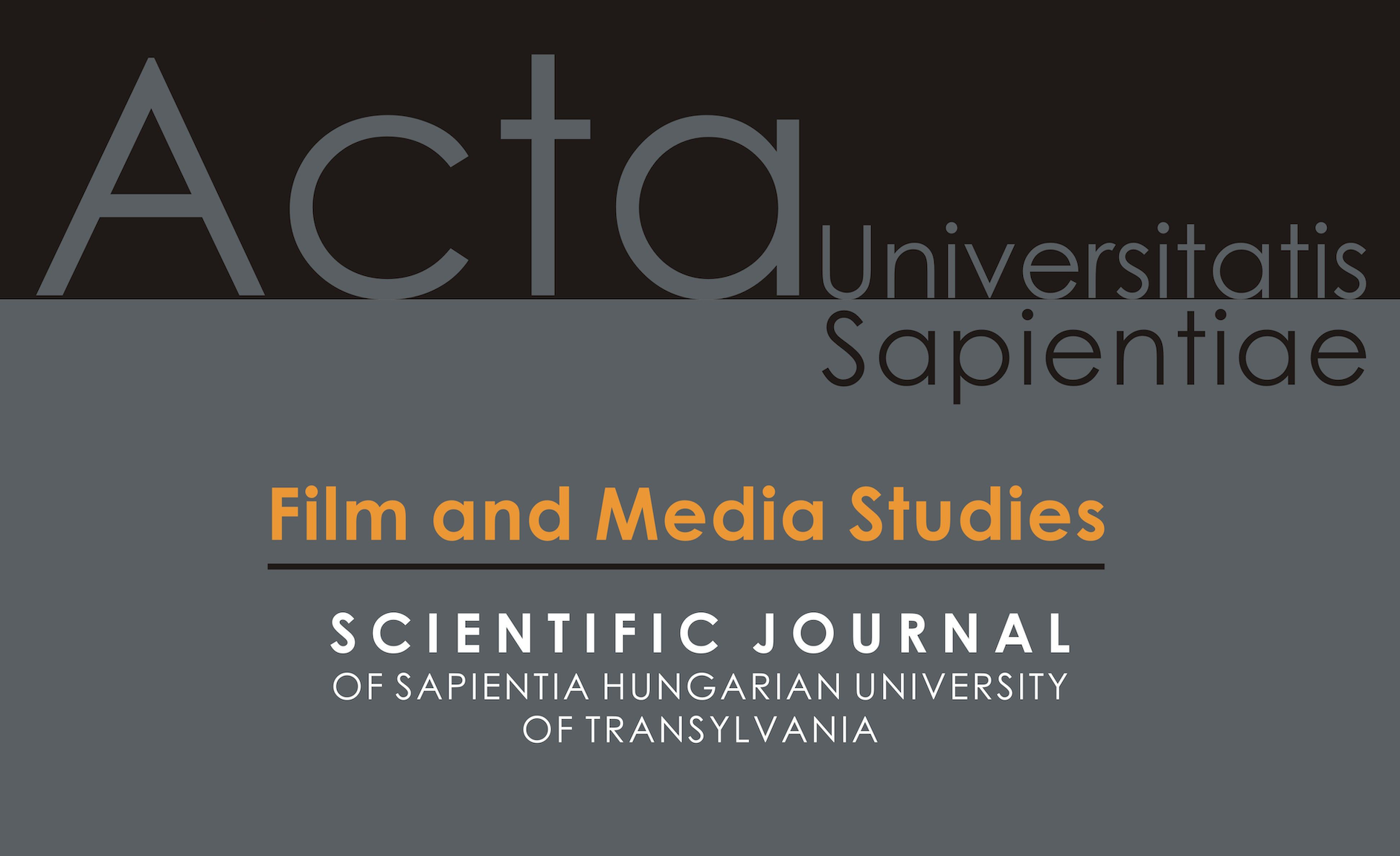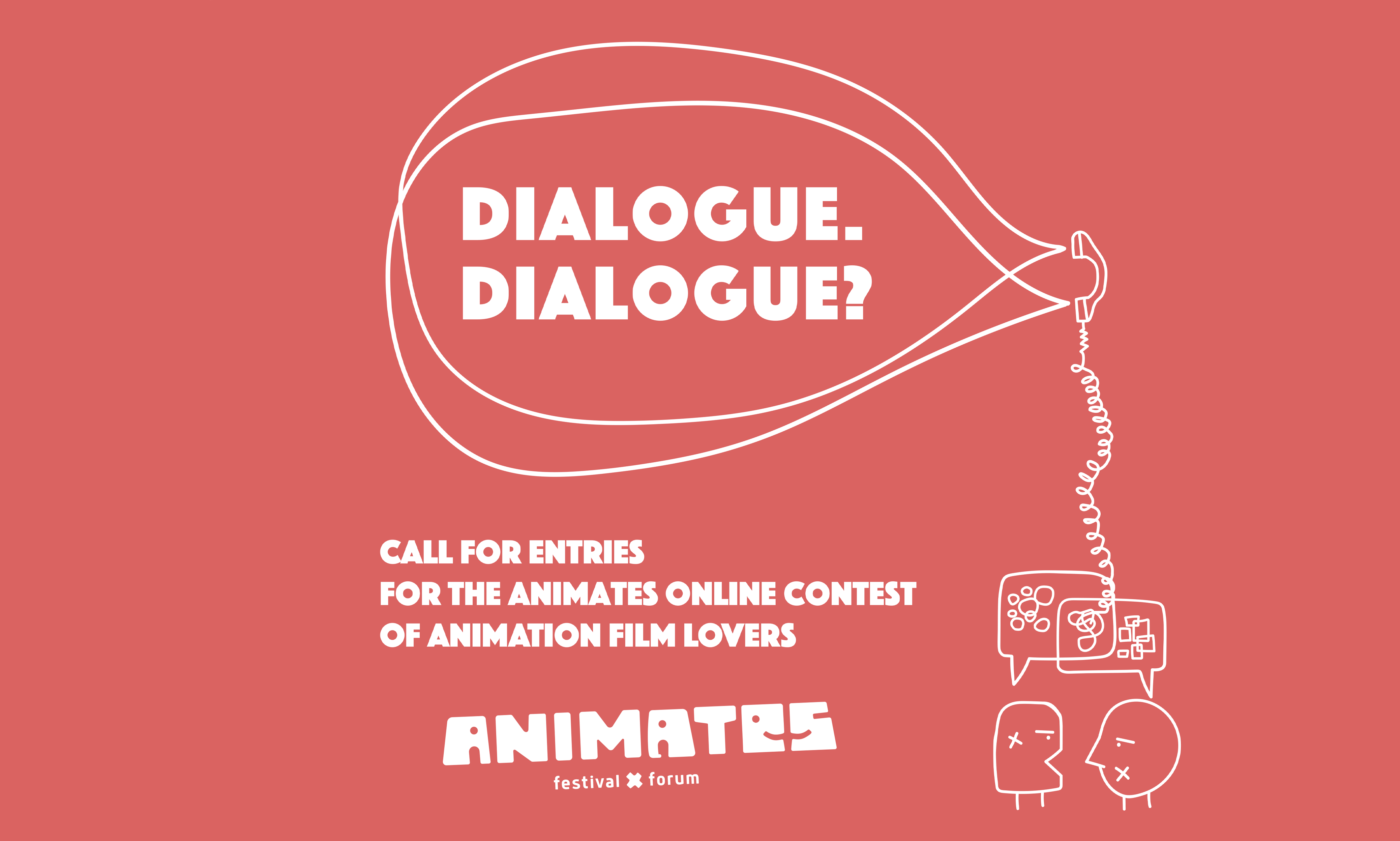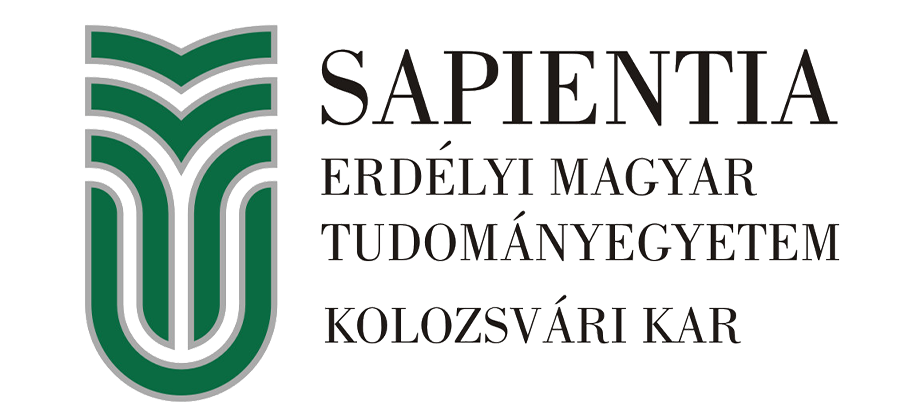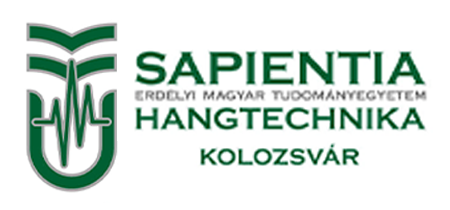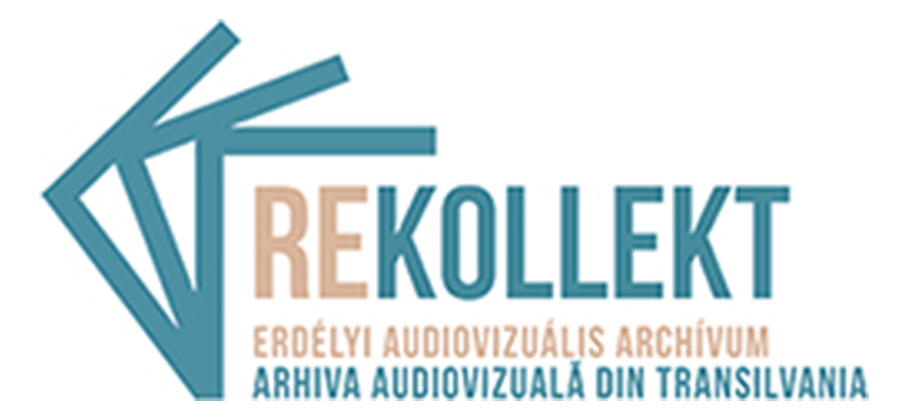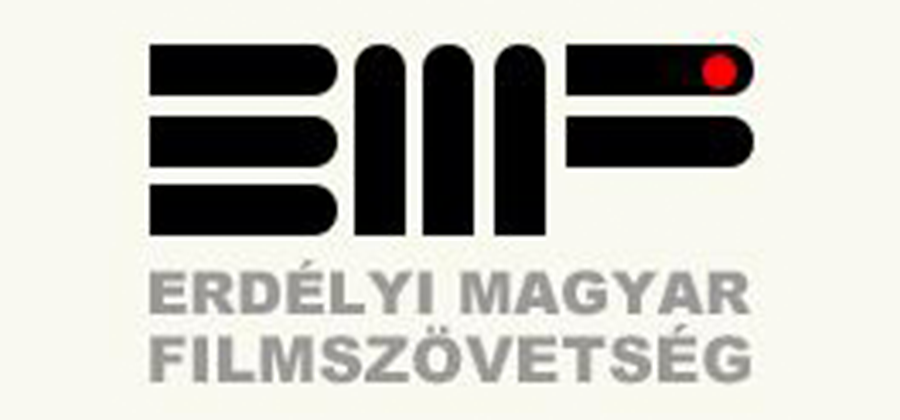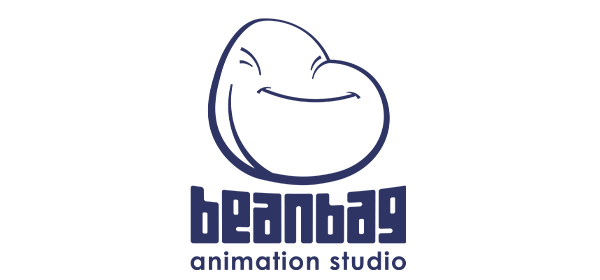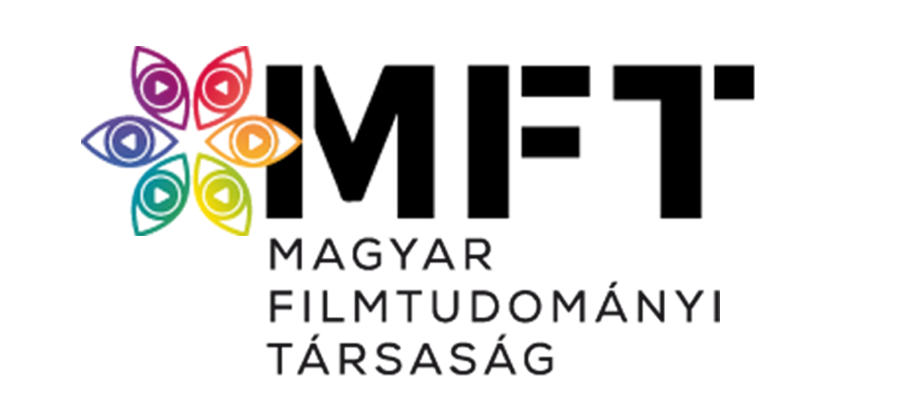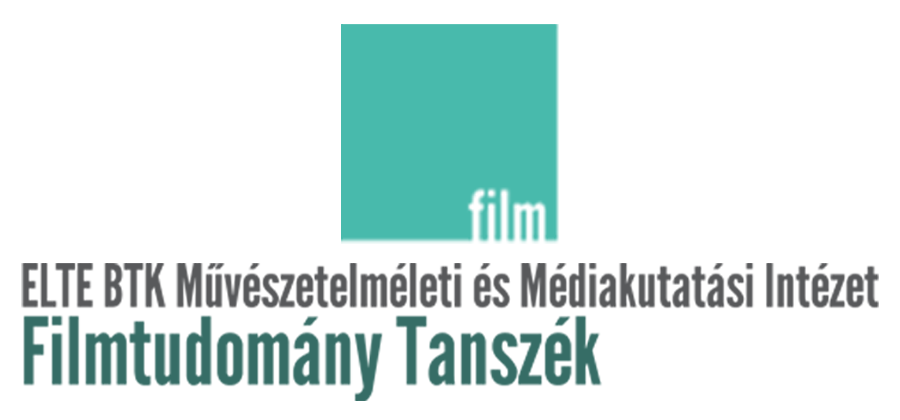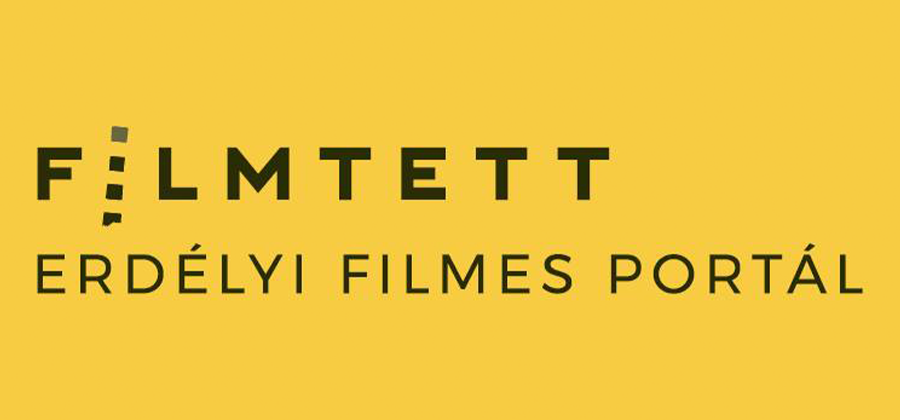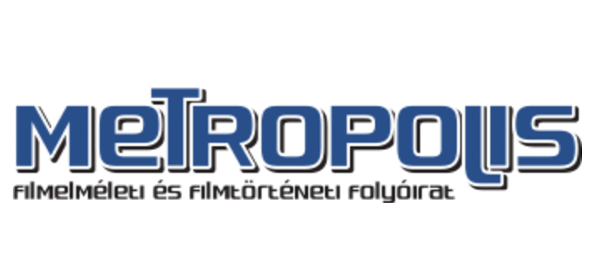| Research / Conferences / | previous | next |
THE PICTURESQUE: Visual Pleasure and Intermediality in-between Contemporary Cinema, Art and Digital Culture
25-26 October, 2019. Deadline for proposals: July 15, 2019.
CONFERENCE PROGRAMME
PHOTOS
CONFERENCE VIDEOS:
Laura Mulvey's keynote lecture:
Steven Jacobs:
Interview with LÚcia Nagib (University of Reading) on the topic of the conference:
CALL FOR PROPOSALS
Continuing our series of conferences dedicated to rethinking intermediality in contemporary cinema and visual culture, we propose to initiate a discussion around aspects of intermediality that may unfold from the perspective of the picturesque.Â
The much-debated notion inherited from the art theories of the late 18th century originally denoted both an aesthetic quality (something pleasing to the eye situated between the serenely beautiful and the awe-inspiring sublime) and a particular visual impression (something that looks like a picture in nature). It anticipated and later became deeply entangled with many of the ideas of Romanticism, of modernity and postmodernity by shifting the appeal of images from knowledge to imagination, sensation and mood, by applying the frame of art to life, or the frame of one art to another, and emphasising the abstract aesthetic value of a kind of pictured vision. Photography appropriated it as a strategy of so-called pictorialism and popular culture perpetuated it in various forms of spectacularization from the early dioramas and panoramas to today's ubiquitous digital screens through which we continually reframe our lives in picturesque images.Â
The picturesque emerges therefore not only as a transversal concept in art history or visual culture, but also essentially connected to issues of intermediality and in-betweenness that we would like to bring into focus. In a "beautifully circular" dynamics (Rosalind Krauss), in a "conjunction of nature, picture, eye" (Geoffrey Batchen) a given moment of the perceptual array is connected to recognizable patterns in a picture which always reveals the form of one medium perceived in another (e.g. painterly tableaux in photography, film, installation art, photographic frames in film, photos that look like film stills, etc.). As such, the picturesque directs our attention to the sensuous aspects of intermediality and their relevance in our so-called postmedia age, when the "photographic", "the cinematic" or the "painterly" can be seamlessly merged through digital technologies.
We would also like to address the controversial aesthetics of the intermedial picturesque that foregrounds instead of a sublime Gesamtkunstwerk-like effect the sheer visual pleasure of imageness, and to highlight its range in this respect from the decorative and the playful to the contemplative. Keeping in mind the potentially "troublesome" aspects of "pretty" images (Rosalind Galt), we encourage proposals to consider their "politics" as well, which can either align with what John Ruskin described as the "heartlessness of the picturesque" (i.e. delighting in images of ruin and decay), or can imply a reflexive acknowledgement of their underlying tensions between art and life (by engaging Raymond Bellour's and Laura Mulvey's "pensive spectator"). Accordingly, we invite proposals to explore the variety of intermedial strategies that generate visual pleasures associated with the picturesque in a broad sense, and to uncover their intricate relations of in-betweenness.
We suggest the following topics (but welcome any relevant approach to the issues outlined above):
- Cinema and the picturesque across time and media: the history and poetics of the picturesque in film
- The tableau vivant as a visual attraction between high art and popular culture, and in-between painting, photography, sculpture, theatre and film
- Synaesthetic pleasures: picturesque impressions in conjunction with tactility, soundscape and music
- Picturesque landscapes in slow cinema, slow TV and experimental films
- Media reflexivity and the picturesque in contemporary documentary and essay films
- Moving image installations and the immersiveness of picturesque images
- The picturesque world and the ruins of civilization: nature versus culture in images of the anthropocene
- Painterly images and remediations in heritage films and bio-pics
- Gender and postcolonial perspectives of the picturesque intersecting with intermediality
- The picturesque in-between the analogue and the digital, the natural and the artificial
- Theorising what "looks like a picture" today
- The intermedial visual pleasures of VR
- The picturesque and the spectacular in video games
Confirmed keynote speakers:
STEVEN JACOBS (Department of Art History, Ghent University), an art historian specialized in the relations between film and the visual arts. His research interests include the visualization of architecture, cities, and landscapes in film and photography. He is the author of: The Wrong House: The Architecture of Alfred Hitchcock (2007), Framing Pictures: Film and the Visual Arts (2011), The Dark Galleries: A Museum Guide to Painted Portraits in Film Noir (2013, with Lisa Colpaert) as well as the co-author of Screening Statues: Sculpture and Cinema (2017), and The City Symphony Phenomenon: Cinema, Art, and Urban Modernity Between the Wars (2018).
LAURA MULVEY (Department of Film, Media and Cultural Studies, Birkbeck, University of London), one of the most influential film theorists of our time. Her major works include: Visual and Other Pleasures (1989/2009), Fetishism and Curiosity: Cinema and the Mindâs Eye (1996/2013), Citizen Kane (BFI Classics series 1992/2012), Death 24x a Second: Stillness and the Moving Image (2006), together with groundbreaking articles on narrative film, feminist film theory, the aesthetics of stillness in the moving image, etc. She is also an avant-garde filmmaker who co-wrote and co-directed with Peter Wollen and Mark Lewis several experimental essay films.
Submission of proposals:
We invite proposals both for individual papers and for pre-constituted panels. Panels may consist of 3 speakers.
Deadline for the submission of proposals: July 15, 2019.
Please fill in one of the SUBMISSION FORMS below:
For additional information you can contact the organizers directly at this e-mail address:
2019.picturesque@gmail.com
The official language of the conference is English.The time for presentations is limited to maximum 20 minutes, followed by a 10-minute debate.
Conference fee (which includes participation, conference buffet and banquet): 120 EUR, special fee for participants from post-communist/communist countries:Â 70 EUR.
(Information about payment possibilities will be posted here in due course.)
A selection of papers based on the conference presentations will be published in our department's international, peer reviewed journal (Acta Universitatis Sapientiae. Film & Media Studies) indexed in several international databases.
Recommended possibilities of accommodation:
To help you make your own booking, here is a list of hotels and hostels located in the vicinity of the conference venue, at a maximum distance of 15 minutes' walk. You can make your reservation either by phone or via e-mail (usually the hotel/hostel staff speaks English). Please note that the conference organizers make no reservations. However, if all your attempts to book a room prove unsuccessful, do contact the organizing committee.
Recommended hotels:Fullton Hotel ***
http://hotelfullton.ro
Tel./fax: + 40 729 999 444
e-mail: office@hotelfullton.ro
Hotel Transilvania ***
http://www.hoteltransilvaniacluj.ro
Tel.: +40 264 594 429
e-mail: reception@hoteltransilvaniacluj.ro
Melody Hotel ***
http://centralmelody.com
Tel.: +40 264.597465
DoubleTree by Hilton, Hotel Cluj - City Plaza ****
http://doubletree3.hilton.com/en/hotels/romania/doubletree-by-hilton-hotel-cluj-city-plaza
Tel.: +40 264 450 101; fax: +40 264 450 152
Hotel Meteor ***
http://www.hotelmeteor.ro/
Tel: +40 264 591 060
E-mail: hotelmeteorcluj@yahoo.com
Le Petit Paris
https://www.bedandbreakfast.eu/bed-and-breakfast/cluj-napoca/le-petit-paris
Tel: +40 735 401 806
Hotel Confort ***
https://hotelconfort.ro/en/
Lucas Aparthotel
https://www.booking.com/hotel/ro/lucas-aparthotel.hu.html
Transylvania Hostel **
www.transylvaniahostel.com
Tel.: +40 264 443 266
E-mail: office@transylvaniahostel.com
Retro Youth Hostel **
http://www.retro.ro/
Tel: +40 264 450 452
E-mail: retro@retro.ro
Hostel Heltai
http://www.cazareclujnapoca.ro/en/Hostel/Hostel-Heltai-75.html
Tel./fax: +40 264 590 096
E-mail: heltai_gaspar@yahoo.com
Travel information
Cluj Napoca Airport:Â www.airportcluj.ro/
Low-cost flights to Cluj:Â http://book.wizzair.com/
Cluj Napoca Airport is located at 8 km from the city, so it is easy and fairly cheap to get to the center by taxi or bus.




